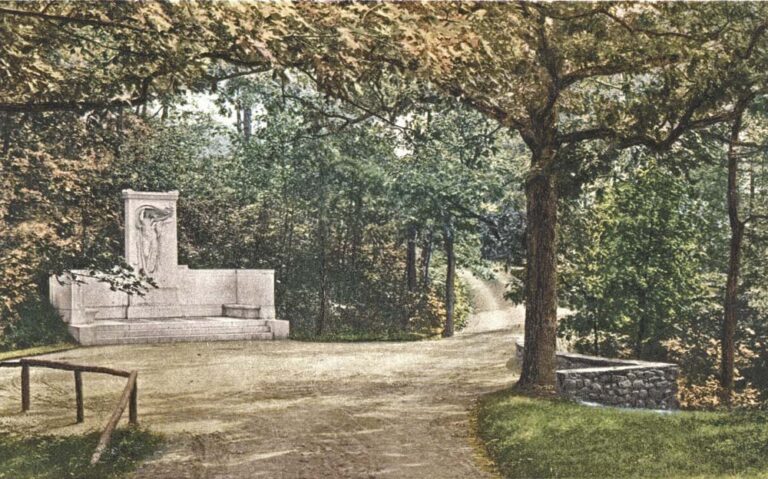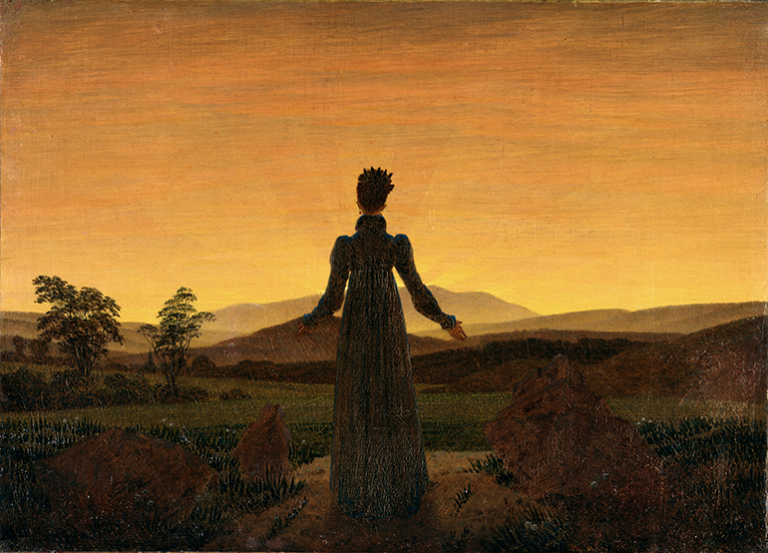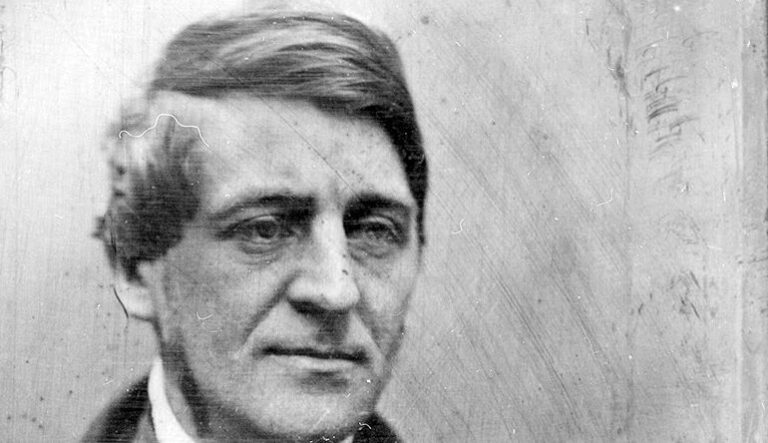Ralph Waldo Emerson’s Grave Encounters
On March 29, 1832, Ralph Waldo Emerson visited the tomb of his wife, Ellen, and opened her coffin. Twenty-five years later, Emerson once again opened the lid of a coffin—this time his son’s.

On March 29, 1832, Ralph Waldo Emerson visited the tomb of his wife, Ellen, and opened her coffin. Twenty-five years later, Emerson once again opened the lid of a coffin—this time his son’s.

Sinclair Lewis’s novel offers no solutions to current social ills, nor does fiction serve such ends well. Fiction may, on the other hand, meditate on the romantic and the realistic to reveal insight into individual minds seeking out the world to find the best way to live in it.

If we cut through the soft, friendly Emerson, we find that for all its optimism and apparent naivety, Emerson’s work is immersed in a mature, tragic vision that asks us to confront the mean aspects of life, the inherent limitations and necessary failures we all must face.

I reread Sylvia Plath this summer on a fairly remote island off Ireland’s Connemara coast. Plath had been there once in September of 1962. She and Ted Hughes accepted an invitation from the Irish poet, Richard Murphy, to visit him at his home in the country’s heralded west.

Oscar Wilde and Bram Stoker Oscar Wilde was the son of Lady Jane, an eclectic socialite who collected artists like trophies. Bram Stoker was a frequent feature in her Saturday night salons, although the two met at a young age and were fast friends through the rest of their lives. Stoker allegedly admired the intellectual…

Here’s the story of my first and only encounter with Harold Bloom. It was the first week of a new semester, my last semester of graduate school, and I was waiting in a stuffy seminar room packed with sharply dressed undergraduates. The luckiest students had secured seats around the grand conference table while the rest of…
No products in the cart.